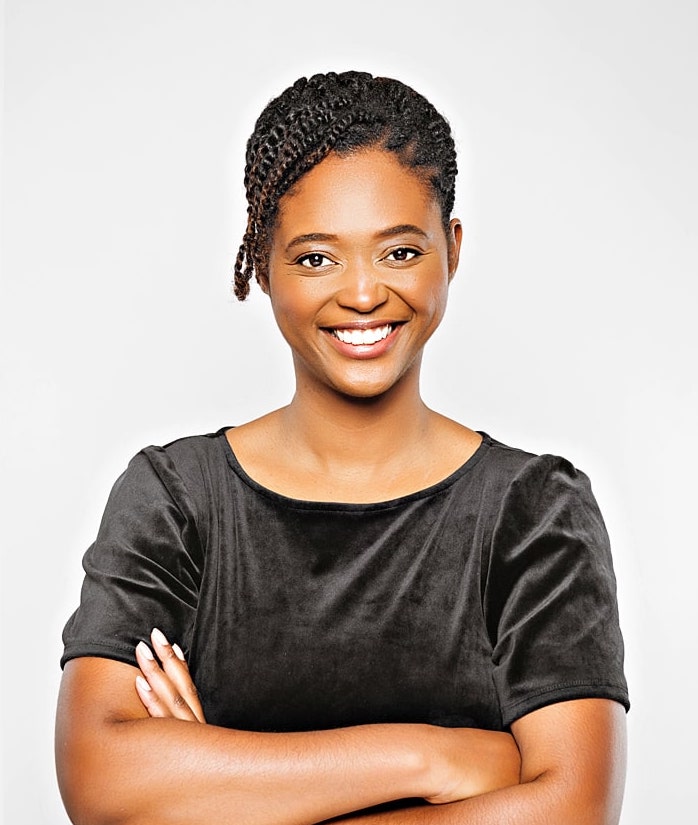Making a career change can be an emotional roller-coaster, especially when you get the feeling that your partner isn’t enthused. You’re stepping out of your comfort zone and doing the hard work of confronting how you feel about your career. It takes courage to make a career transition. I commend your courage, and I know how it feels. Maybe you’re looking to change the way you work, change companies or industries, or make a complete career pivot.
My husband and I have been married for more than seven years, so I’ve experienced several positive and negative feelings of agreeing and disagreeing with a spouse. Our partners affect our self-efficacy. The concept of self-efficacy is apparent in many career theories, and it’s key to Albert Bandura’s social cognitive theory.
Sources of self-efficacy according to the Department of Education for Pennsylvania:
- Personal Performance—accomplishments or failures
- Experiences—watching others, modeling, mentoring
- Verbal Persuasion—encouragement or discouragement—This is primarily where our relationships come into play.
- Physiological and Emotional Factors—Precisely why we need to talk about career burnout and stress when considering a career change.
Here are some coping mechanisms as you await your loved one being on the same page.
Put your partner at ease with comprehensive research.
Once you know what your partner’s biggest concern is, spend time researching that aspect of your career change. It’s also useful to think about where you are emotionally and financially and how the change will impact those areas. Dr. John Gottman, a relationship researcher, believes that common perpetual disagreements include the following themes: security versus risk, saving versus spending and how family traditions and practices compare. It’s no wonder that a career change can cause such a relationship strain.
Here are a few considerations for your research and reflections:
- Job occupational growth rates
- Your transferable skills and experiences
- Industry trends
- Your work-life harmony temperament, preferred leadership and productivity style
- Company products, services and culture
Be persistent and add your research to your career change plan. Your significant other may not be convinced overnight, but hang in there. Also, use your current job to explore your career change. There could be an opportunity to talk with someone at your company. Get involved in a project or participate in a meeting.
Gain an outsider perspective.
How valuable is customer feedback in your line of work? I think we can all agree that detailed customer feedback can help drive innovation and improve performance. Gaining a fresh set of eyes can help you see where you’ve missed or overlooked a key component in your career plans. A family member or friend may find it hard to just listen without providing biased advice. In the coaching process, thought-provoking questions and questioning skills enable those transformational aha moments. Talking with a trusted industry colleague may also be an option.
Tell your loved one that you value his or her concerns and therefore want to solicit a professional opinion. Present the options and get them involved in your pursuit of an expert perspective.
Look at things through their career choice lens.
Talking about issues and respectfully sharing your feelings can create a level of intimacy. Acknowledge his or her point of view and think about how your loved one primarily chose their career. Was it any of the following?
- They were influenced by their personality and how it matched a specific occupation
- Academic strengths and educational influences shaped their career choices
- Their ethnic, family, or peer culture impacted their career choice
- Their life values changed and shaped their career choice
- Their career happened by happenstance
- Work experience helped them make their career choice
Try to find some common ground between what’s primarily influencing your decision of career change with how they chose their career. Ask this question: What was the most significant influence that led you to the work you do today?
This article first appeared here on Forbes. Rachel specializes in holistic career change coaching. Learn more here.


